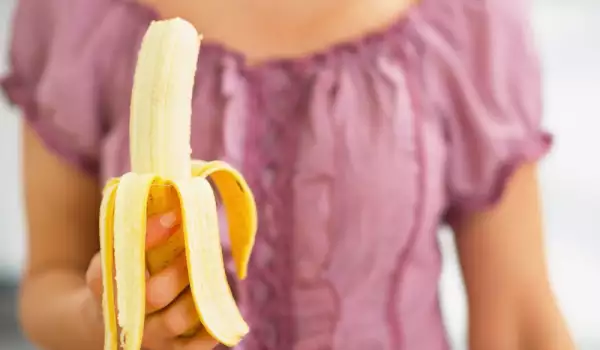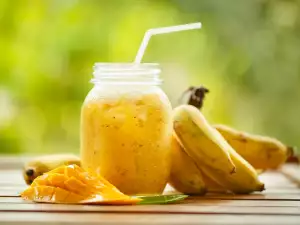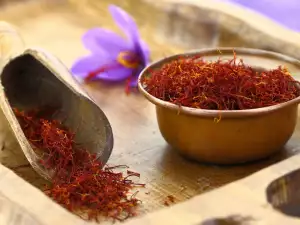Bananas are among the most popular fruit in the world. This tropical delicacy provides potassium / 0. 42 g potassium in a medium-sized banana /, which can lower blood pressure and especially reduce the risk of heart disease.
Almost every part of the body needs potassium, from the heart and kidneys, to muscles and nerves. Potassium plays a role in the basic function of cells. Potassium, nitrogen, calcium and magnesium are the four most important nutrients in bananas.
The presence of magnesium in a large banana is 37 mg, or 9% of the RDI (reference daily intake). Magnesium regulates protein synthesis in the body, muscle and nerve function, controls blood sugar and helps regulate blood pressure.
Magnesium is needed for energy production. In addition, bananas provide vitamin C, vitamin B6, manganese and fiber.
Ripe bananas are higher in sugar and carbohydrates than most other fruit, so they may not be suitable for people with diabetes.
Banana is quite nutritious and is a good substitute for products containing refined sugars.
If you have bananas on hand, do not hesitate to prepare a banana pudding or banana sponge cake.



















Comments